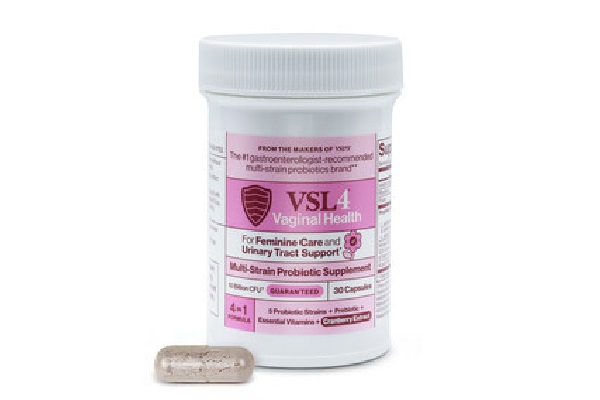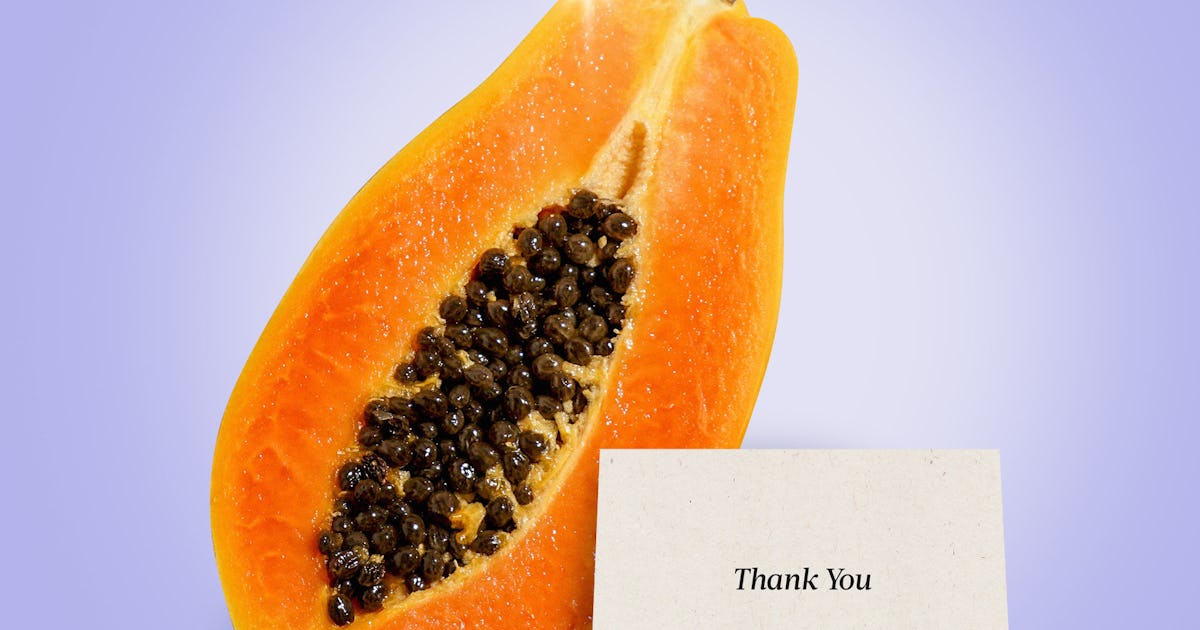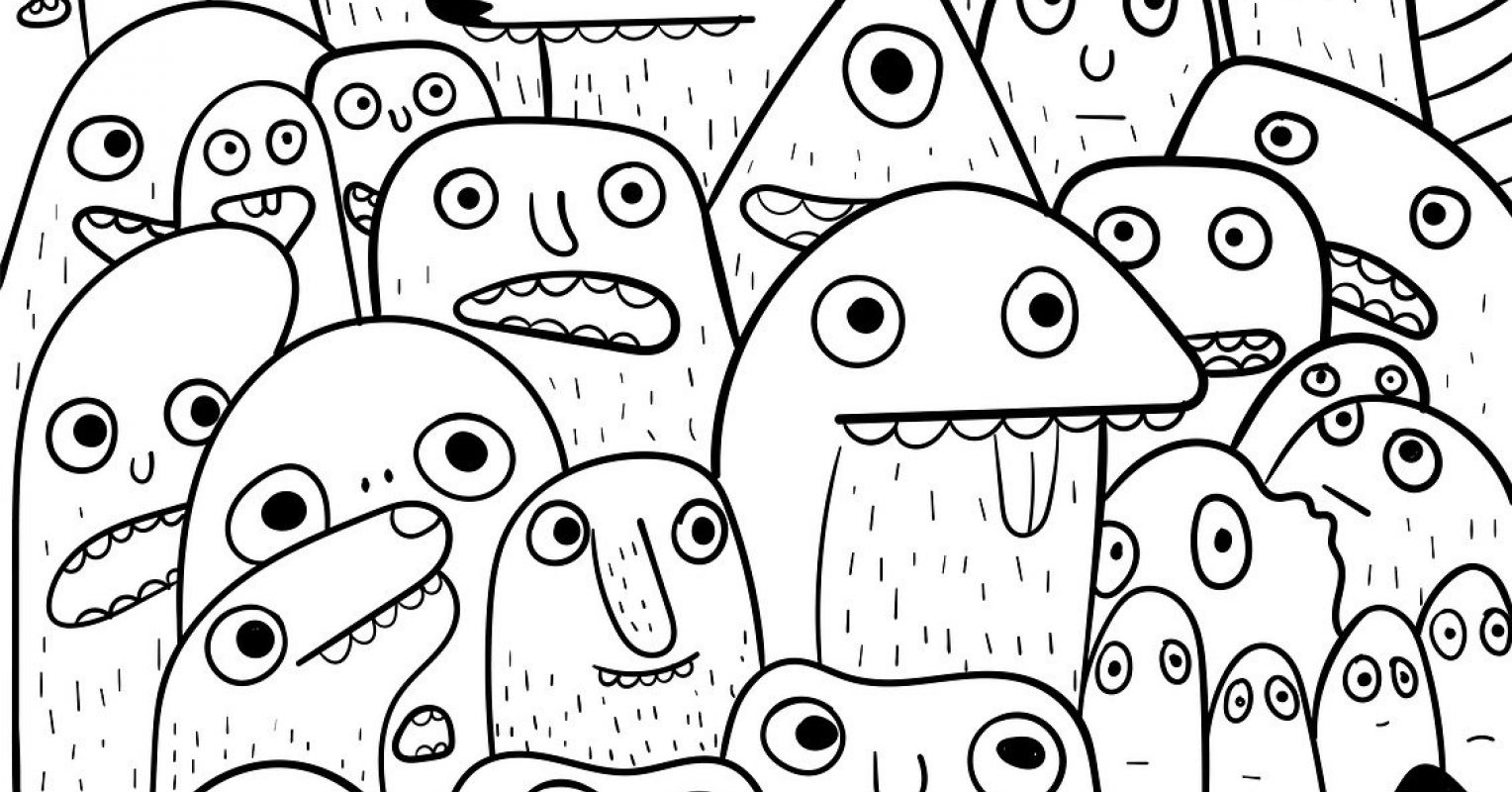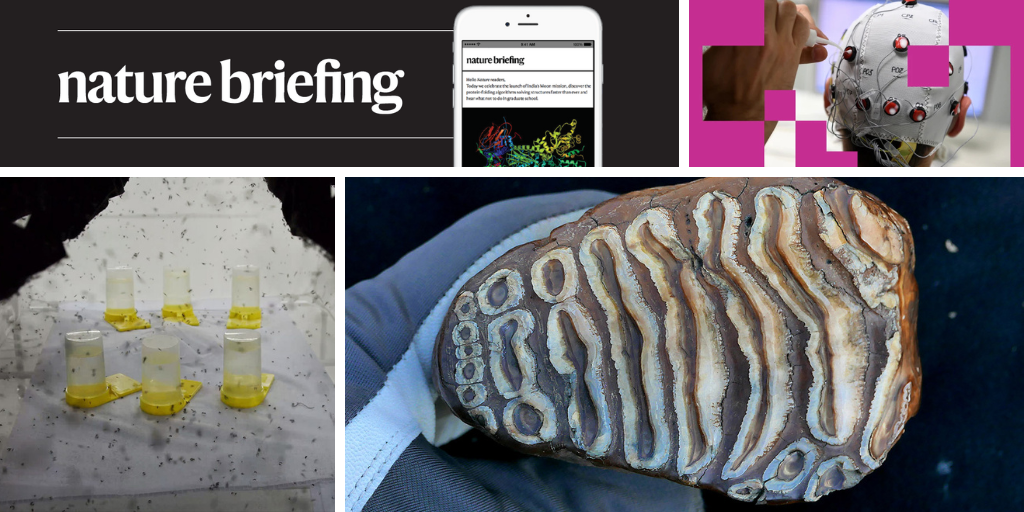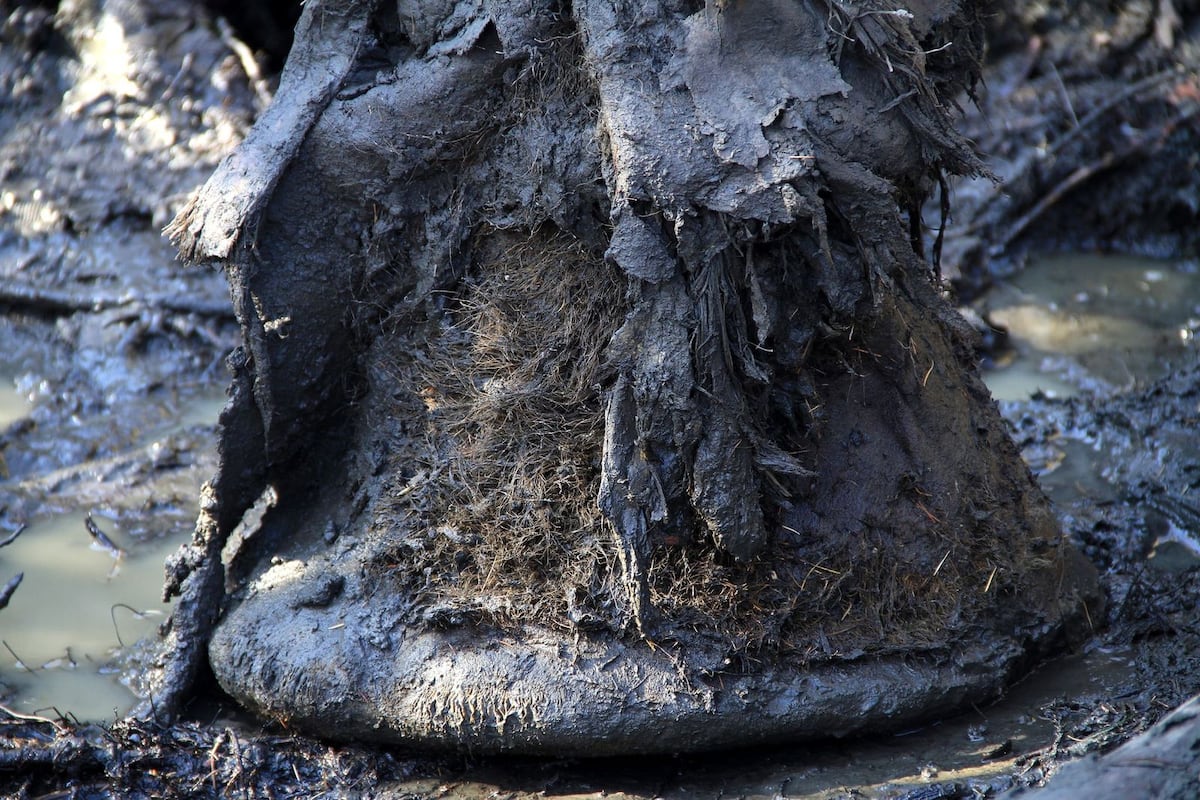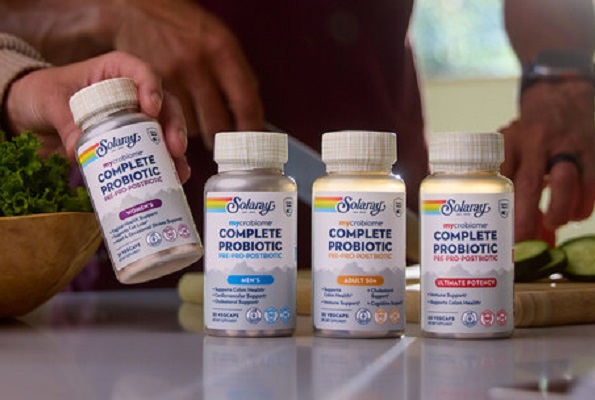#microbiome
#microbiome
[ follow ]
#gut-health #probiotics #nutrition #diet #immune-system #oral-health #colon-cancer #gut-brain-axis #wellness
fromPsychology Today
2 months agoStrangers Within Us Help to Shape Who We Are
We as subjects cannot be aware of ourselves as objects unless we consist of two distinct things. The brain receives signals from the body to control internal body environment. These signals are also interpreted as subjective emotions in addition to perceptions of body state. Since our microbiomes differ from us, their signals have a distinct nature from other body signals.
Philosophy
Alternative medicine
fromAlternative Medicine Magazine
3 months agoresbiotic Unveils resW Perimenopause Postbiotic
resW™ Perimenopause Postbiotic uses heat-treated probiotics (postbiotics) and plant adaptogens to support gut-centered hormonal balance, reduce hot flashes, ease stress, and improve sleep.
fromwww.npr.org
4 months agoScientists make yogurt using ants. The result: tangy and herby
Imagine you're walking in the mountains of Bulgaria, enjoying the lush greenery, the clear streams. And the reason you're up there? To make yogurt the old-fashioned way - by dropping live red wood ants into fresh milk. VERONICA SINOTTE: We added four whole ants, dropped them into the top, covered it with a cheesecloth, hiked up the mountain and buried it inside of the ant colony.
Science
Environment
fromwww.theguardian.com
4 months agoHow a radical experiment to bring a forest into a preschool transformed children's health
Rewilding daycare yards increases children's exposure to environmental microbes, linking outdoor biodiversity to children's inner microbiomes and potentially improving early-life health and development.
fromNatural Health News
4 months agoIntegrative Medicine Expert Reveals Links Between Gut Health, Immunity, and Wellness
Dr. Moday's medical journey is a testament to the profound impact that integrative and functional medicine have on patient care. She began her career with a solid foundation in internal medicine - Dr. Moday pursued a fellowship in allergy and immunology, spending a decade in private practice addressing allergies, chronic asthma, and immune deficiencies. "I felt that I wasn't using really all that I had learned, and there was a lot more to learn. It was not holistic enough for me," she shared.
Alternative medicine
fromNatural Health News
5 months agoFat in Fast Food Rapidly Weakens Your Gut's Defenses
Ultraprocessed foods are pervasive in the modern food system. It's estimated that around 60% to 70% of an average American adult's daily calories consist of these products. While convenient and tasty, chronic consumption eventually wrecks your health, and the first place that's affected is your gut. Eating ultraprocessed foods weakens your intestinal lining, allowing harmful bacteria to thrive and creating systemic inflammation. Moreover, your gut's balance shifts dramatically, crowding out beneficial microbes that normally keep your gut healthy
Alternative medicine
Science
fromwww.scientificamerican.com
5 months agoYour Gut Is Full of VirusesAnd That's a Good Thing
A diverse gut virome, dominated by bacteriophages, continually shapes health by modulating bacterial populations, transferring genes like antibiotic resistance, and changing with age, diet, and environment.
fromFast Company
5 months agoHave fish at home? You can help scientists discover how to save coral reefs
Rising ocean temperatures and increasing acidification are threatening coral reefs. Between 2009 and 2018, the world's reefs lost 14% of their corals. By 2025, 84% of the oceans' reefs have been affected by bleaching, meaning they've been so stressed by the changes to their environments that they've expelled all the algae living inside them, turning them white. As climate change worsens, coral loss is expected to speed up. Corals are also threatened by activities like fishing and tourism.
Environment
Alternative medicine
fromNatural Health News
6 months agoLongevity Expert Shares Clues About Drivers of Chronic Disease
Leaky gut and disturbed microbiome allow virulent endotoxins (LPS) to translocate systemically, driving inflammation, mitochondrial failure, and failure to thrive in many chronic illnesses.
fromBusiness Insider
7 months agoA doctor who studies how a healthy gut can prevent colon cancer does 3 simple things to lower his risk
I don't want to give the message that microbes are the entire thing. But we know that there are significant correlations between how much we have of various microbes and cancer.
Health
fromBig Think
7 months agoWhy your microbiome may matter more than DNA for your lifelong health
Microbes, short for microorganisms, are tiny living things like bacteria, viruses, fungi, and protozoa. When scientists talk about the human microbiome, they usually refer to the trillions of bacteria that live in and on our bodies, especially in the gut.
Science
Mental health
fromPsychology Today
9 months agoThe Gut-Brain Link in Addictive Behaviors
Addiction is profoundly linked to gut-brain communication and microbiome health.
Dopamine and serotonin imbalances, affected by gut health, influence addictive behavior.
Nutritional support can aid recovery and bolster resilience against addiction.
fromBusiness Insider
10 months ago3 easy, gut-health recipes by a dietitian who developed an 'ancestral' alternative to the Mediterranean diet
Armet's experience emphasizes the positive impact of high-fiber, minimally processed diets on gut health, showcasing how dietary adjustments can lead to significant improvements in symptoms.
Everyday cooking
fromBusiness Insider
10 months agoA top nutritionist explains her alternative '5 a day' food rule, which makes caring for her gut health easy
Amati emphasizes that incorporating a diversity of foods into your diet can enhance the health of the gut microbiome, which is crucial for overall well-being.
Everyday cooking
[ Load more ]


